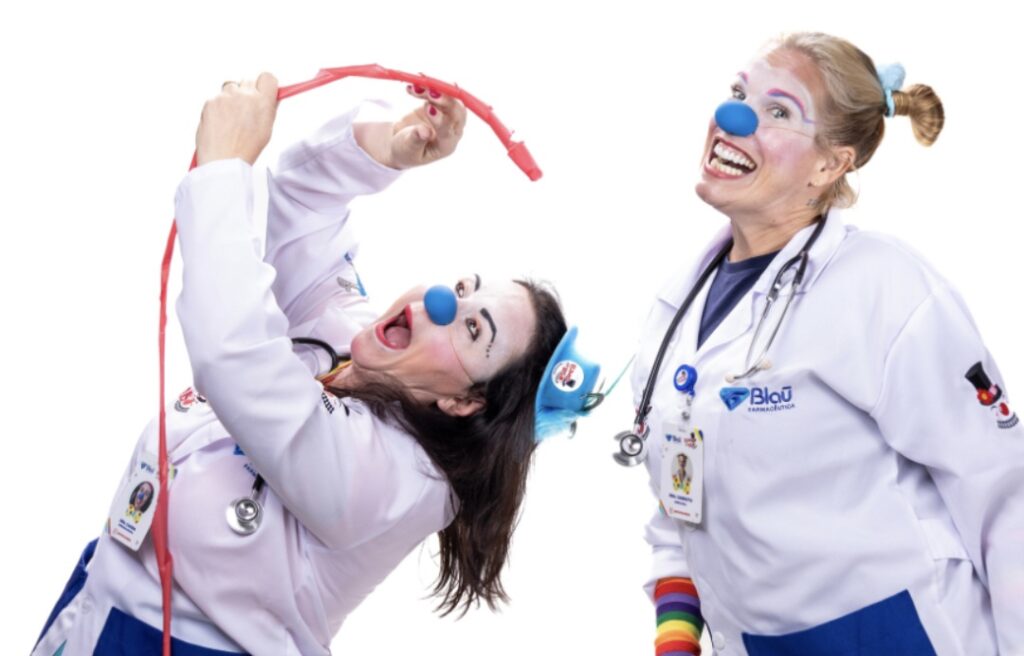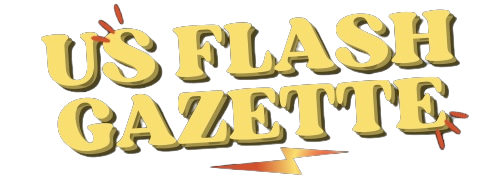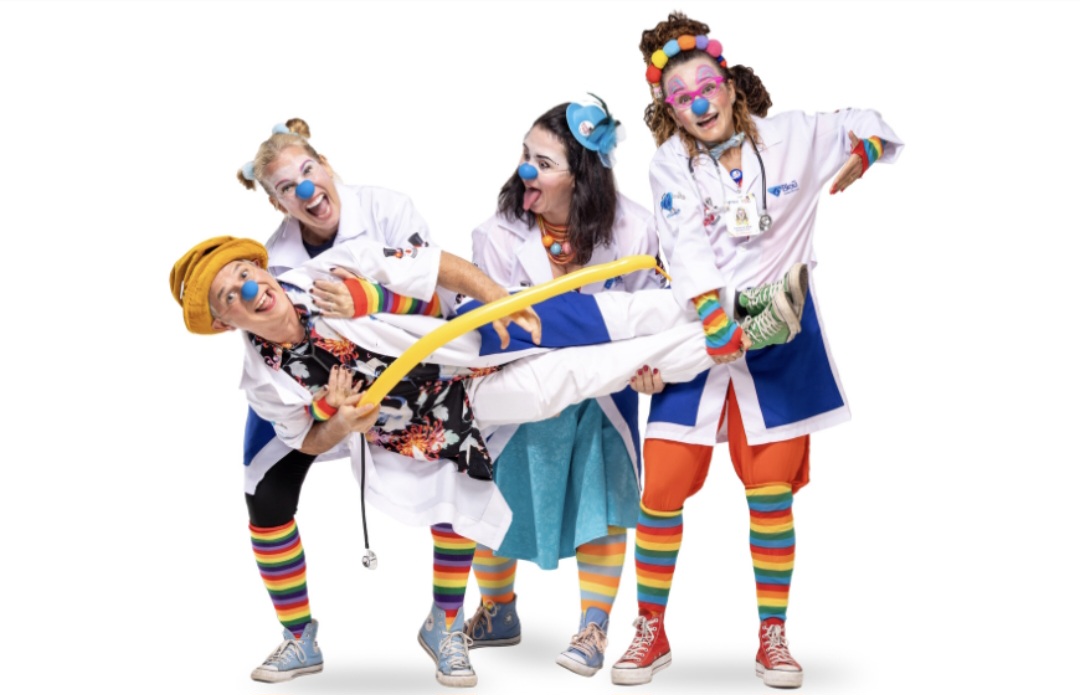You’ve probably heard the phrases “laugh until your belly hurts” or “die laughing.” The truth is, laughter—whether genuine or even forced, since the brain doesn’t distinguish between the two—does wonders for both body and mind.
As the World Laughter Day is marked on 6 November, it serves as a reminder of the profound impact this simple, and entirely free, gesture can have on our wellbeing.

For Gabi Roncatti, a laughter therapist, laughter is far more than a reaction to joy — it’s a powerful tool for emotional and physical health. Trained in laughter therapy in Argentina — as no formal course yet exists in Brazil — Gabi has dedicated her career to studying and applying techniques centred on the healing potential of laughter.
“I often say that a smile is a direct gateway to our inner world,” she explains. “It relaxes, it comforts, and it brings colour back to the hardest days. It’s a natural medicine — and the best part is, it’s free!”
Through her project “Rumo ao Riso” (Towards Laughter), Gabi brings laughter therapy into hospitals, combining it with music, literature and therapeutic clowning to create meaningful, emotional experiences for patients, their families and healthcare professionals alike.
The results are often immediate. Children who refused to eat or were suffering from intense pain began to engage, smile, forget their discomfort for a while — and in some cases, even ask for food. These small moments, she says, lead to big transformations through laughter.
According to Gabi, the benefits of laughter are extensive and scientifically proven: improved mood, a stronger immune system, reduced stress, pain relief, better sleep, the release of feel-good hormones — and even weight loss.
“It’s amazing how powerful laughter can be,” she notes. “Our brain doesn’t distinguish between a forced laugh and a spontaneous one. Once the body enters the state of laughter, the benefits start to flow.”
Still, she stresses that laughter is not a replacement for medical treatment — rather, it’s an important complement, particularly in hospital settings.
“When we combine laughter therapy with proper medical care, we open up space for recovery that’s lighter, more human, and full of meaning,” she says.
On this World Laughter Day, Gabi’s invitation is simple: smile — whether you spark laughter in others or allow yourself to be carried away by it. Small gestures, when shared, can brighten routines and transform lives.
“Laughing is an act of courage,” Gabi reflects. “Our society often sees laughing too loudly as inappropriate, or laughing too much as a sign of despair — as the song by Frejat goes. But the truth is, laughter is the most beautiful way of reminding our body that life is still pulsing through us.”
So — have you laughed today?










